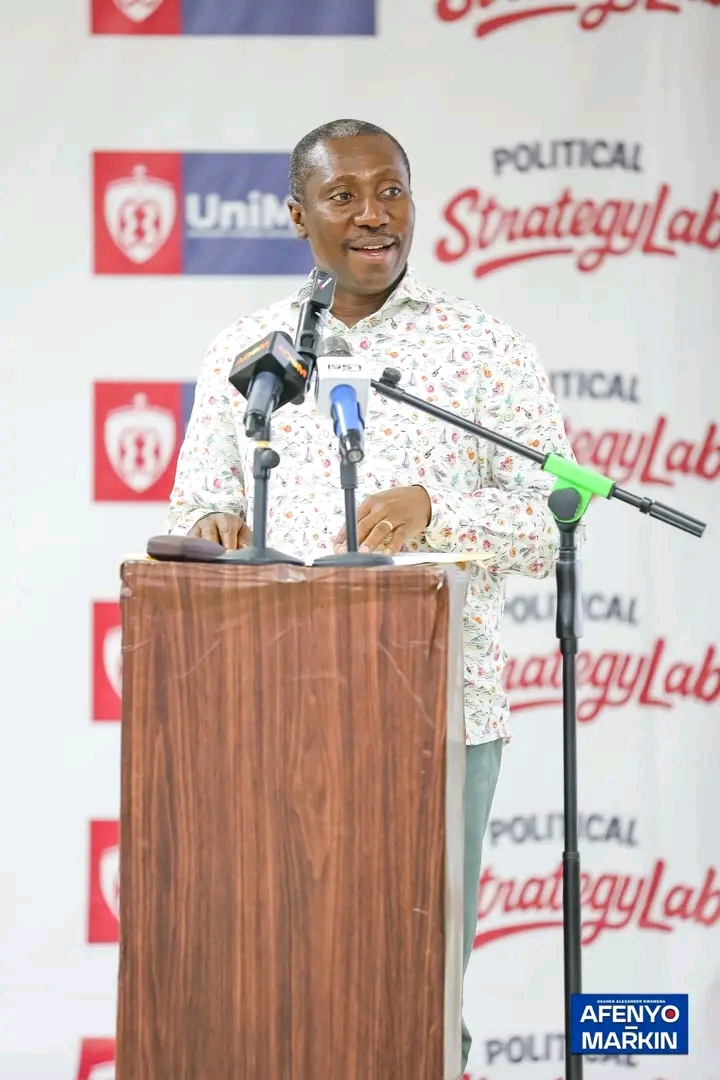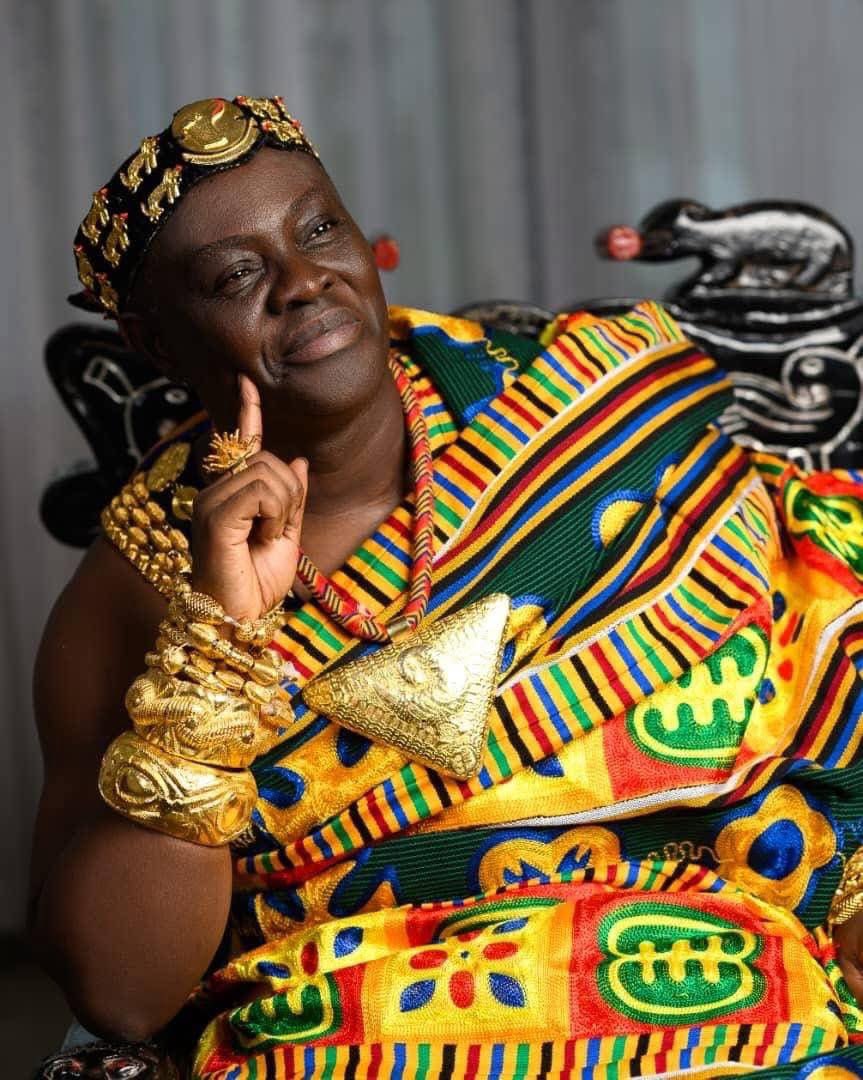By: Kenneth Appiah Bani
Minority Leader in Parliament, Alexander Afenyo-Markin, has expressed strong disapproval of the decision by a High Court judge to remand Kwame Baffoe, popularly known as Abronye DC, into custody despite the charges against him being classified as misdemeanors.
He made the remarks at the University of Media Arts and Communication (UniMAC), Dzorwulu Campus, during a Political Marketing Strategy Engagement.
Afenyo-Markin emphasized that the sustainability of democracy lies in ensuring that state institutions function fairly and in the interest of all citizens. He argued that the judge’s handling of the case raised troubling concerns about equality before the law.
Earlier in the week, police prosecutors had requested that Abronye be remanded until Friday, a request the judge granted. Yesterday, when the case was revisited, the judge justified his decision by suggesting that although the accused faced only misdemeanor charges—minor offenses which ordinarily attract fines—his utterances could potentially undermine national security and bring the reputation of the country’s security services into disrepute.
In a controversial statement, the judge remarked that although it is often said that all persons are equal before the law, in practice this is not always the case. He further cited George Orwell’s famous allegory Animal Farm, noting the line that “all men are equal, but some are more equal than others.”
Afenyo-Markin sharply criticized this reasoning, insisting that remanding an accused person should be grounded in clear legal principles namely, the risk of the accused absconding or interfering with investigations. He argued that the judge’s comments deviated from these legal standards and instead introduced subjective considerations that cast doubt on the fairness of the judicial process.
“What we heard from the bench is worrying. If judges begin to rely on such reasoning, then we undermine the very principles of equality before the law. Our democracy can only be sustained if our institutions, including the judiciary, work impartially and in the interest of justice,” he stressed.
The case has since sparked heated debate among legal practitioners, politicians, and civil society advocates, with many questioning whether the remand decision was legally justified or politically influenced.
Video Credit: Joynews
Watch the video below:






